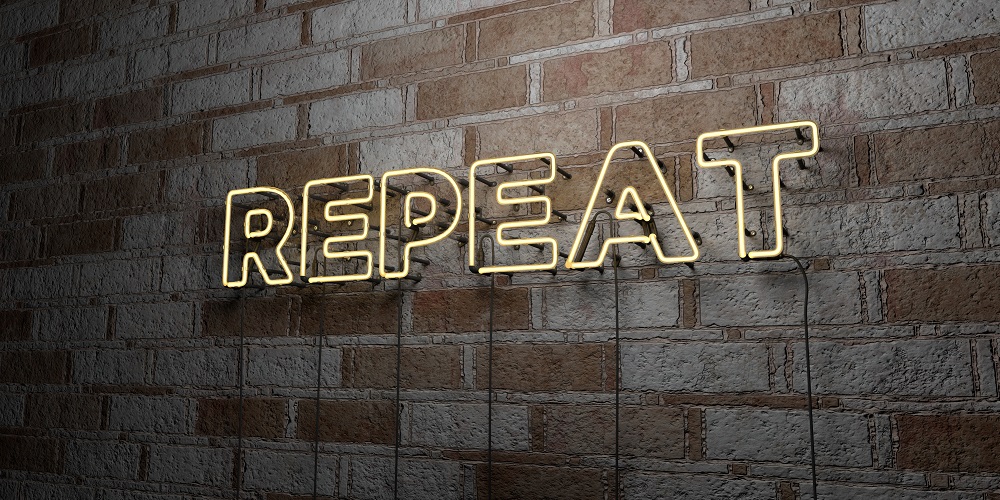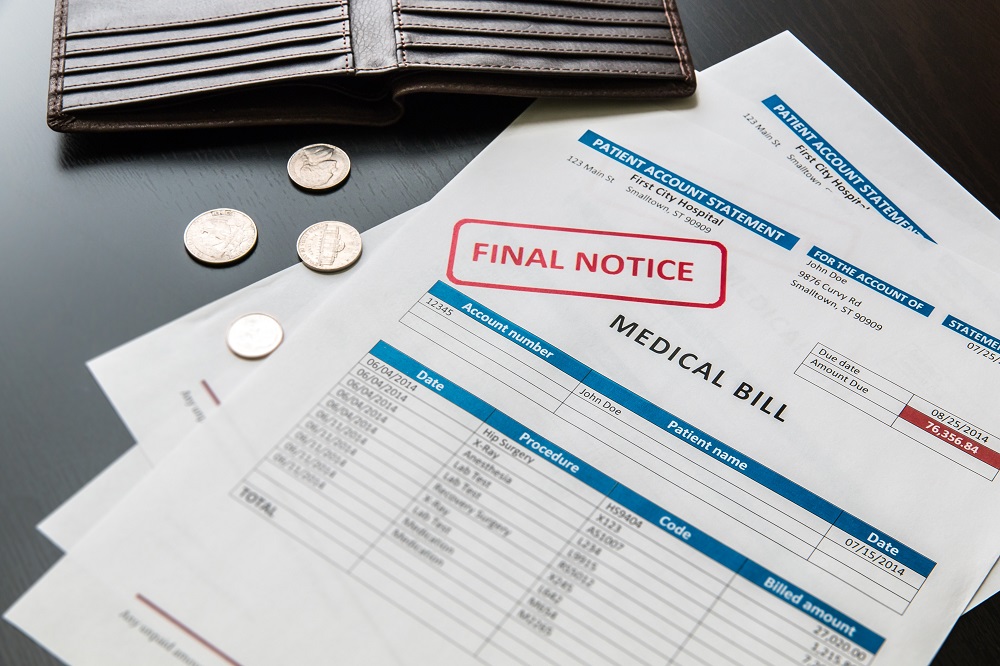The Difference Between Bankruptcy and Debt Settlement
Accumulating a lot of debt is never a good thing and you’ll have to face the consequences of being financially-challenged. There are a few ways to deal with the situation with bankruptcy and debt settlement being the two most popular ones. Declaring bankruptcy and debt settlement are not one and the same thing. While many attorneys offer both services, each one comes with its specific terms and advantages. So, let’s see the difference between bankruptcy and debt settlement.
What is Debt Settlement?
Before moving on to a more thorough comparison, let’s define the two key concepts we will be examining.
Debt settlement is a process during which your attorney will negotiate with creditors and ask them to accept a sum that’s smaller than what the debtor owes. The amount that can be settled will depend on the creditor, the age of the debt and on how much you can afford to pay.
In most cases, an attorney can negotiate a reduction of anywhere between 25 and 75 percent of the original balance.
What is Bankruptcy
The term bankruptcy refers to two options – Chapter 7 and Chapter 13 bankruptcy. Chapter 7 bankruptcy in Arizona is available to those who can pass the means test (their income is lower than the state’s median). Through Chapter 7 bankruptcy, people can get rid of various kinds of debts that are wiped out completely.
People who don’t qualify for Chapter 7 bankruptcy filings can opt for a Chapter 13 bankruptcy. In that case, a repayment plan will be determined by the bankruptcy trustee. The plan will span anywhere between three and five years. Priority, secured debt will be paid off first. Upon the end of the plan, the remaining debt will be discharged.
How Does Debt Settlement Compare to Bankruptcy?
Both debt settlement and bankruptcy have their advantages.
The benefits of debt settlement are multiple. It can mitigate eventual damages to one’s credit score. It will still take a hit but damage control is possible through debt settlement.
Through this process, the sum owed will be reduced, making it easier for the debtor to get back on track. Depending on the skills of an attorney and the predisposition of the creditor, the original debt can be reduced significantly.
As far as shortcomings go, the biggest one is an eventual inability to make the needed payment due to new financial issues in the future. In addition, it’s always possible for a creditor to refuse going down to the percentage of the original balance that you feel comfortable with.
Bankruptcy, especially if you qualify for Chapter 7 filing, wipes out the debt and makes it easier for a person experiencing financial difficulties to get back on track. In addition, once the bankruptcy documents are filed, all debt collection efforts have to cease.
People who are in need of a fresh start due to a massive financial burden and an inability to make repayments should certainly consider bankruptcy.
 Bankruptcy, however, will also hit one’s credit score. In addition, individuals who only qualify for Chapter 13 bankruptcy will still have to pay a certain amount back to creditors. Individuals who opt for bankruptcy should also be prepared to lose some of their property and assets. The good news is that Arizona, just like all other states, has bankruptcy exemptions. These exemptions refer to property, income, savings and assets that the debtor gets to keep.
Bankruptcy, however, will also hit one’s credit score. In addition, individuals who only qualify for Chapter 13 bankruptcy will still have to pay a certain amount back to creditors. Individuals who opt for bankruptcy should also be prepared to lose some of their property and assets. The good news is that Arizona, just like all other states, has bankruptcy exemptions. These exemptions refer to property, income, savings and assets that the debtor gets to keep.
The processes commonly used to address debt can be confusing, especially if you’ve never dealt with them in the past. While some people believe they can go through bankruptcy or debt settlement on their own, hiring an attorney who understands the difference between bankruptcy and debt settlement is always a better choice. An experienced lawyer will take a look at the specifics of the situation and suggest the approach bound to deliver better results and long-term financial stability.




